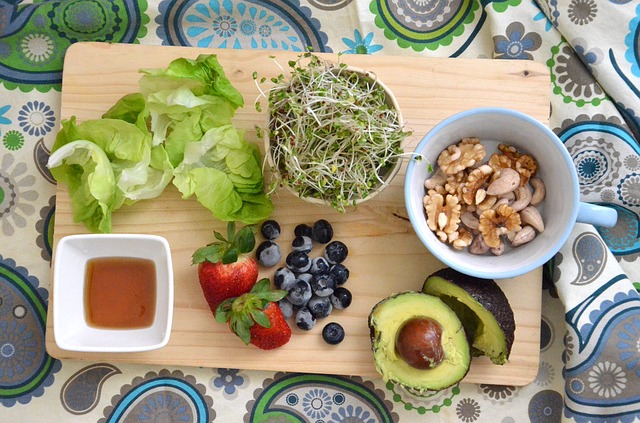Discovering the ideal diet…
The dietary balance of a person with cancer may be altered during treatment. Fatigue, loss of appetite, nausea and vomiting, aversions, changes in taste and smell… are among the most common complaints.
What diet to adopt in this situation? For the patient as well as for his relatives, it is not always easy to know:
- what to eat
- how to prepare meals
- how to untangle the true from the false in some recommendations
This section is made to help you see more clearly! It is full of tips, tricks and scientific data updated according to the latest advances in the field.
Diet During Cancer
here is currently a broad scientific consensus that a healthy lifestyle, and in particular a more balanced diet, can help prevent various types of cancer.
The aspect of diet and dietary support during the disease is still too often neglected. The explanation is simple: diet is not a full-fledged treatment against cancer and therefore does not contribute directly to the cure. However, this is not entirely correct, as we know today. It does seem that diet supports the treatment of cancer.
Because of the disease or its treatment, it is often difficult to continue eating normally. The assistance of specialists is therefore not an unnecessary luxury. This text aims to help anyone with cancer to maintain good eating habits for as long as possible with a few simple tips.
Diet after cancer
Dietary problems that persist?
Certain side effects such as fatigue, lack of appetite, changes in taste and smell perception, dry mouth, swallowing problems, unwanted weight loss or increase) may in some cases persist for a certain time after treatment, or even be irreversible. Talk to the specialist during the follow-up visit. An adjustment of your diet can reduce or even remedy the problems.
Links between diet and cancer
Studies confirm that a healthy diet, varied and very rich in vegetables, fruits, whole grains and legumes, can help fight cancer at different stages. Even minor changes in diet and lifestyle can result in significant health benefits. Eating 1 to 2 extra servings of fruits and vegetables each day, replacing white bread with high-fibre bread, or extending the length of your daily walk can all have a positive impact. A balanced diet contains valuable substances that help the body to protect itself against disease.
Diet after cancer: tips
A healthy, balanced and varied diet remains essential, also after the treatment. Research shows that following the following preventive dietary advice can help prevent new cancer, the risk of relapse or other chronic diseases (click on the terms in blue for recommendations).
Maintain a healthy weight
Keep your weight within limits where it doesn’t put you at risk for health problems* and avoid gaining weight as an adult.
- healthy weight = body mass index (BMI) between 18.5 and 24.9 kg/m2.
–Move
Make physical activity part of your daily life: walk as much as possible (at least 30 minutes a day) and sit as little as possible.
–Eat lots of whole grains, vegetables, fruits and legumes.
Make fruits and vegetables (at least 5 servings or 600 g per day), as well as whole grain products and legumes, an important part of your daily diet.
–Eat as little fast food and other processed foods that are high in fat, carbohydrates or sugar as possible, such as ready-made meals
–Limit the consumption of red and processed meats
Eat little (maximum 500 g per week) red meat, such as beef, veal, pork and lamb. Do not eat meat that has been processed, such as cold cuts (ham, pâté, salami, sausage, minced meat, etc.).
–Avoid sugary drinks
Drink mainly water and unsweetened beverages.
–Drink as little alcohol as possible
To prevent cancer, it is best not to drink alcohol. Limit your consumption to a maximum of one (for women) to two (for men) drinks per day.
–Do not rely on dietary supplements for cancer prevention
Try to find the nutrients you need only in food.
–For new moms: breastfeed your baby if possible
Breastfeeding is good for the health of mother and child. It can help reduce their risk of cancer and other diseases for both of them.

